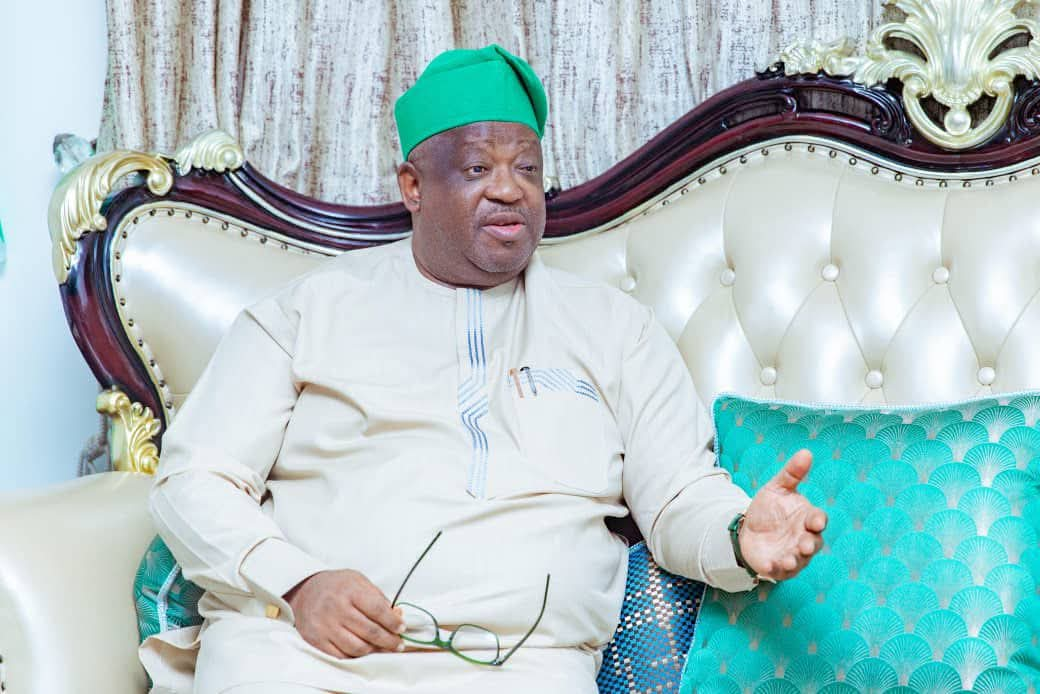Bill to Elevate Sultan of Sokoto: Lawyer joins rejection campaign, cites secularism
Bill to Elevate Sultan: Lawyer joins rejection campaign, cites secularism
..Say’s move a threats to unity, step for Islamization
..A precursor sinister agenda, mirroring systems in Iran, UAE, Saudi Arabia
By Achadu Gabriel, Kaduna
A legal practitioner Barr. Alhamdu Pane has expressed concern over the proposed bill to elevate Sultan of Sokoto above all other traditional rulers in Nigeria, warning that the development posed serious threats to the very fabric of the nation’s unity and secularism.
Barr. Pane, in a statement shared on Middle Belt WhatsApp platform Wednesday stated “The proposed bill to elevate the Sultan of Sokoto above all traditional rulers in Nigeria is a deeply concerning development that threatens the very fabric of our nation’s unity and secularism”.
The Middle Belt guru stated that the move is unacceptable and attempt to impose hierarchy system must be rejected, also added “This move, if successful, would be a significant step towards the Islamization of Nigeria, undermining the rights and dignity of non-Muslim citizens”.
According to him, Nigeria is a diverse country, home to people of various faiths, cultures, and traditions, arguing that the county’s constitution enshrines the principles of secularism, ensuring that no one religion is given preference over others.
“It is unacceptable that some individuals are pushing for a system that would grant a religious leader absolute authority over all traditional rulers, regardless of their faith or region.
“The potential consequences of this bill are far-reaching and alarming. If the Sultan were to become the paramount leader of all kings in Nigeria, it could create a power imbalance that would undermine the autonomy of the traditional institutions. This could lead to resentment, conflict, and further division among Nigerians.
“Moreover, the argument that this bill is a precursor to a more sinister agenda, potentially mirroring the systems in Iran, UAE, and Saudi Arabia, cannot be dismissed outright. The implications of such a system would be catastrophic for Nigeria’s democracy and secularism.
“We must recognize that Nigeria is neither an Islamic nor a Christian country; it is a nation built on the principles of unity in diversity. Just as our constitution does not permit a President to lead based on religious affiliation, it is equally unacceptable for a religious leader to be elevated above others based on their faith”, he stated.
The legal luminary also asked “If the Sultan of Sokoto is considered for a paramount role among traditional rulers, would it be fair to allow the CAN President (or any other Christian leader) to be the chairman of traditional rulers?
“The answer is clearly no, as it would be a blatant disregard for the principles of secularism and equality that our nation is built upon”, he answered.
As united stand “We call on all Nigerians, regardless of their faith or region, to rise up and condemn this bill in the strongest terms. We must protect our nation’s unity, secularism, and democracy from those who seek to undermine them”.
“Let us reject this attempt to impose a hierarchical system that would grant undue power to a single religious leader. Instead, we should promote a system that recognizes and respects the diversity of our traditional institutions, ensuring that each is given the autonomy and dignity it deserves.
“The time to act is now. We urge our lawmakers to reject this bill and uphold the principles of secularism and unity that our constitution embodies. We also call on civil society organizations, traditional leaders, and all well-meaning Nigerians to join us in this fight against the Islamization of our country.
“Together, we can protect Nigeria’s unity and ensure that our nation remains a beacon of hope and diversity for generations to come”, the statement highlighted.
Recalled that various institutions across the country have outrightly kicked against the bill for establishment of National council of Traditional Rulers projecting Sultan co-chair, which has passed second reading in NASS.




